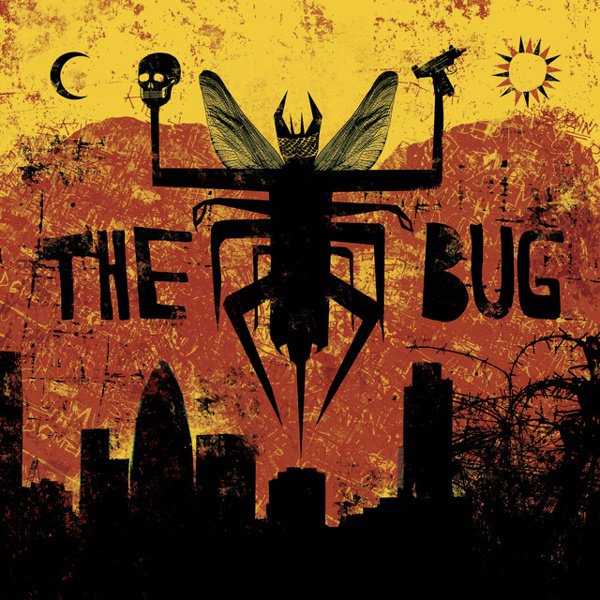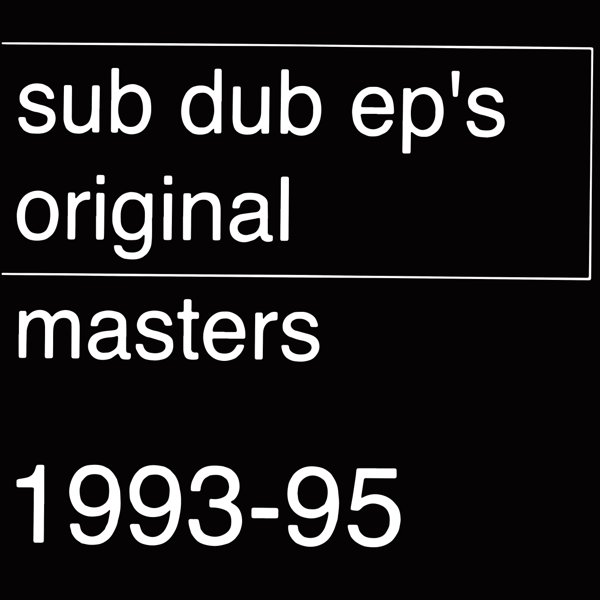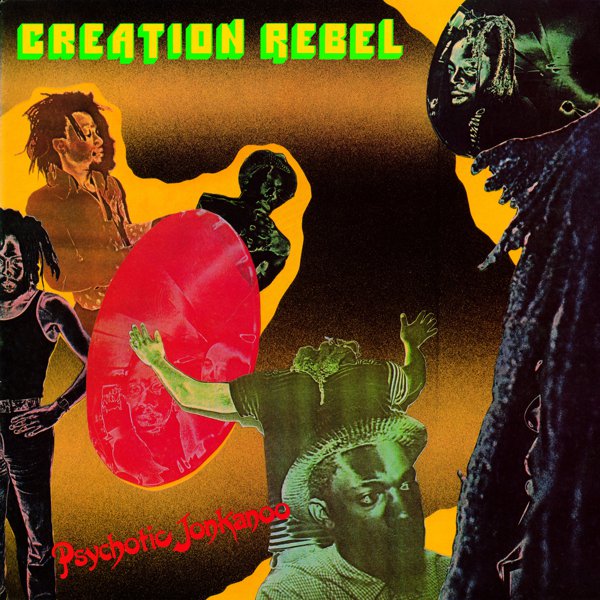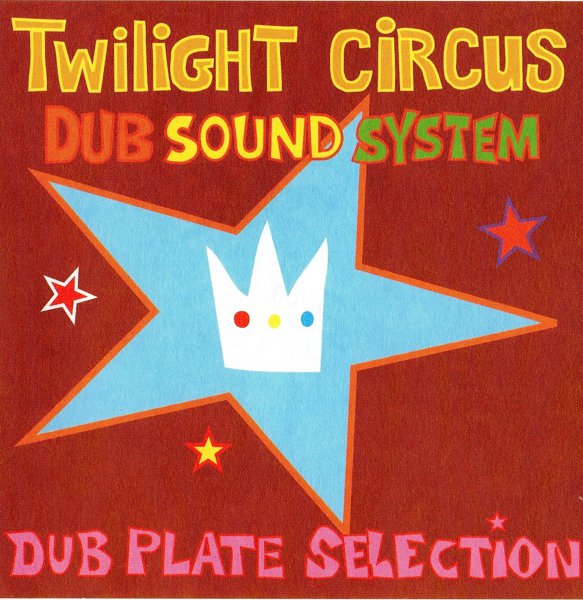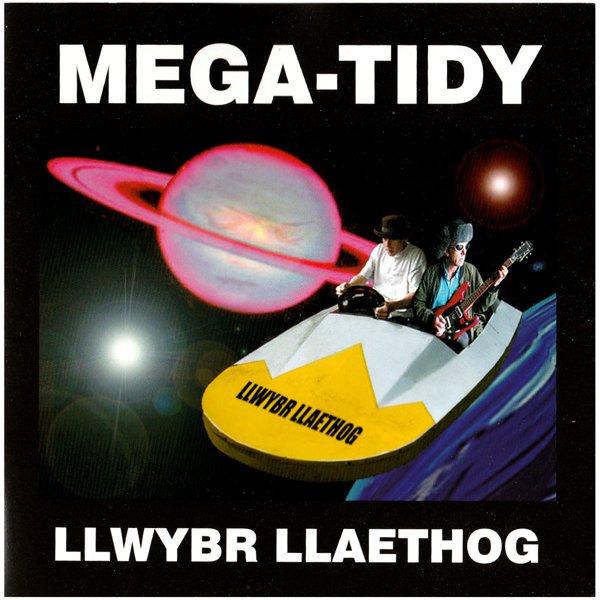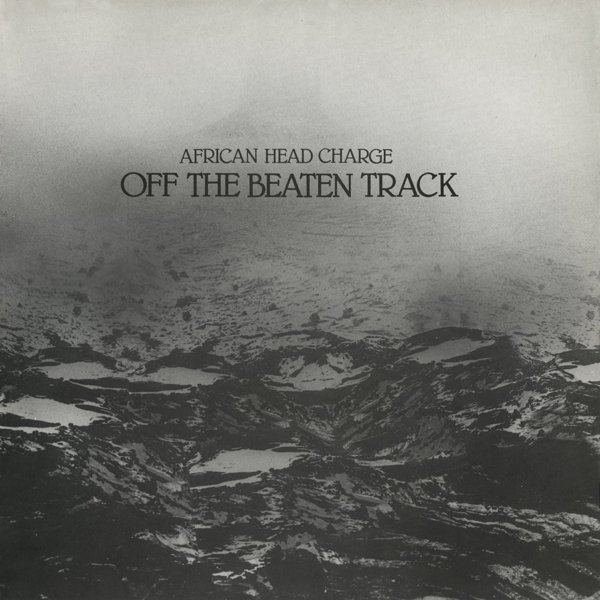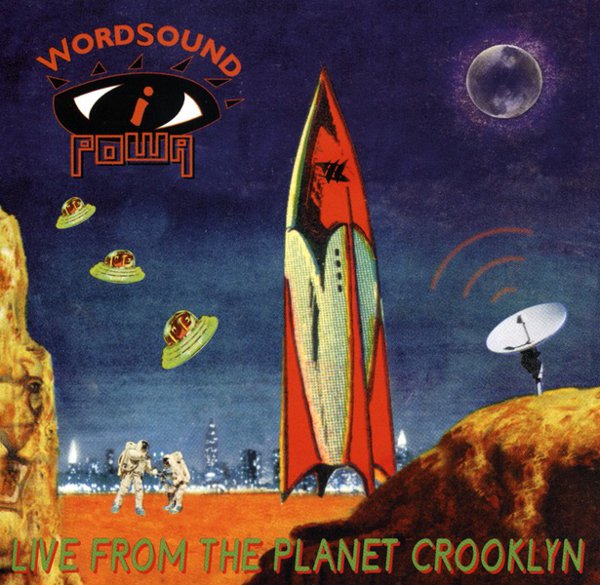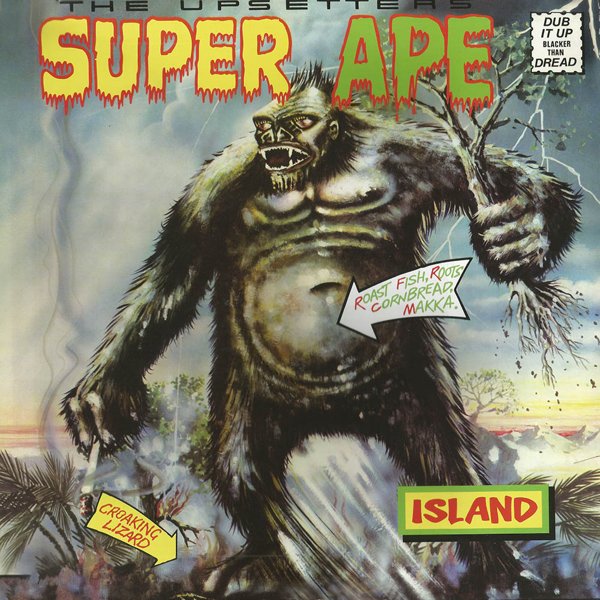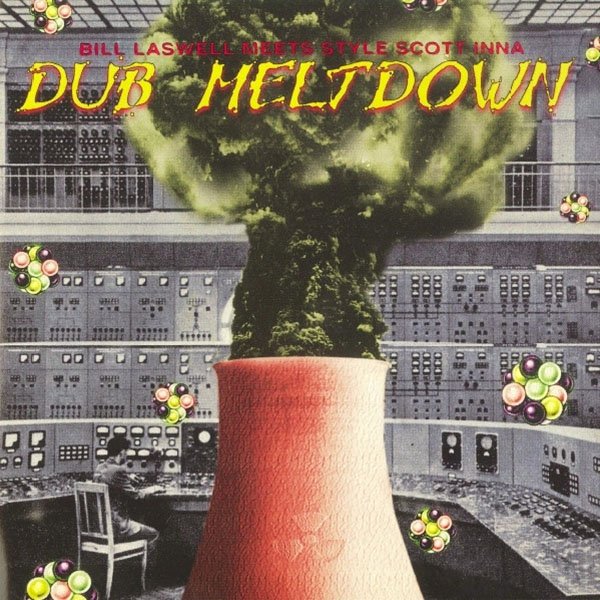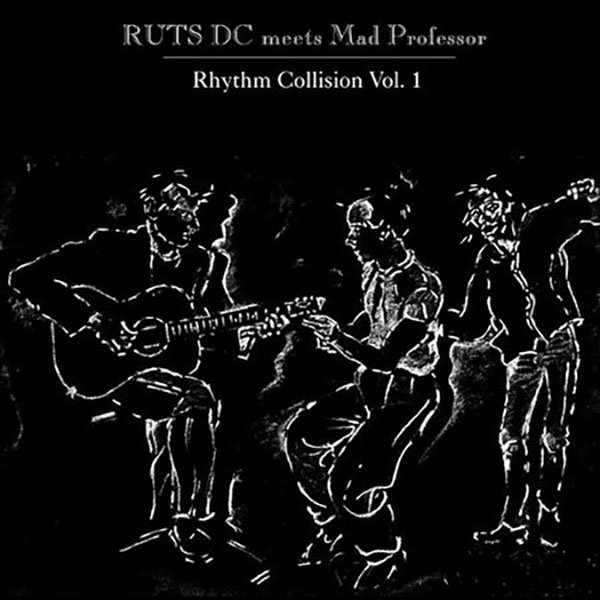Dub is a subgenre of reggae music that developed in the early 1970s, and involved taking the normal mix of a song and drastically altering it by adding effects like echo and reverb while dropping instruments and vocals in and out the mix at unpredictable moments. Often the drum and bass tracks would be left more or less untouched, with the result that dub recordings were sometimes referred to as “drum and bass” music – a term that would later be applied to a different, though not unrelated, reggae-derived dance music genre. A dub mix is also sometimes referred to simply as a “version.”
For many reggae producers, dub mixes were an outlet for their own creativity; particularly skilled producers and engineers like Derrick Harriott, King Tubby, Errol Thompson, and – especially – the wildly creative Lee “Scratch” Perry quickly turned it into an art form all their own. Conveniently, dub was also cost-effective: as dub versions became more popular with the buying and dancing public, producers quickly realized that the dub mix of a song could be used to fill the B-side of the single, eliminating the need for a second recording session.
Dub reggae is the precursor and the conceptual wellspring of the remix culture that emerged during the disco era and has since been widely adopted across dance and rock genres. Dub itself has mutated into a variety of sub-subgenres, some of which take the original concept off into previously uncharted musical territory. Jungle, drum & bass, and dubstep all have their roots in dub reggae, but there are dub offshoots that go much further afield into more abstract and experimental realms. New York’s 1990s illbient scene could not have developed in the absence of dubwise predecessors; Legendary Pink Dots bassist Ryan Moore developed a sideline in instrumental dub that produced, among other interesting experiments, a two-volume series of exceptionally dark and programmatic dub compositions; the postpunk band Public Image Ltd (under the influence of its bass player Jah Wobble as well as its reggae-besotted lead singer, John Lydon) used dub techniques to create a forbiddingly weird sound on its early albums; and of course the work of Lee “Scratch” Perry was already destroying the boundaries of musical sanity even while his more conventionally creative colleagues were pushing those boundaries more gently.
Dub seems to be a virtually bottomless well of musical inspiration; in the 21st century, dub-derived electronic music continues to branch and blossom out into an ever-proliferating complex of new and experimental sounds thanks to the efforts of a third and fourth generation of artists and producers.

